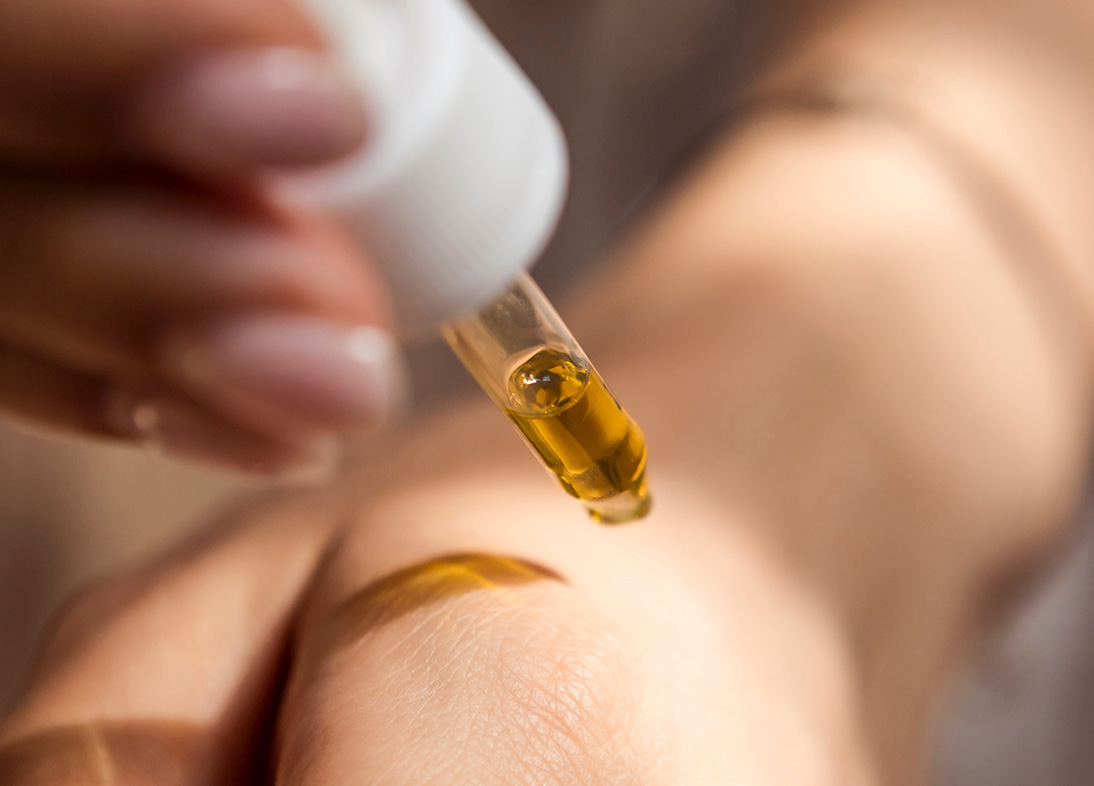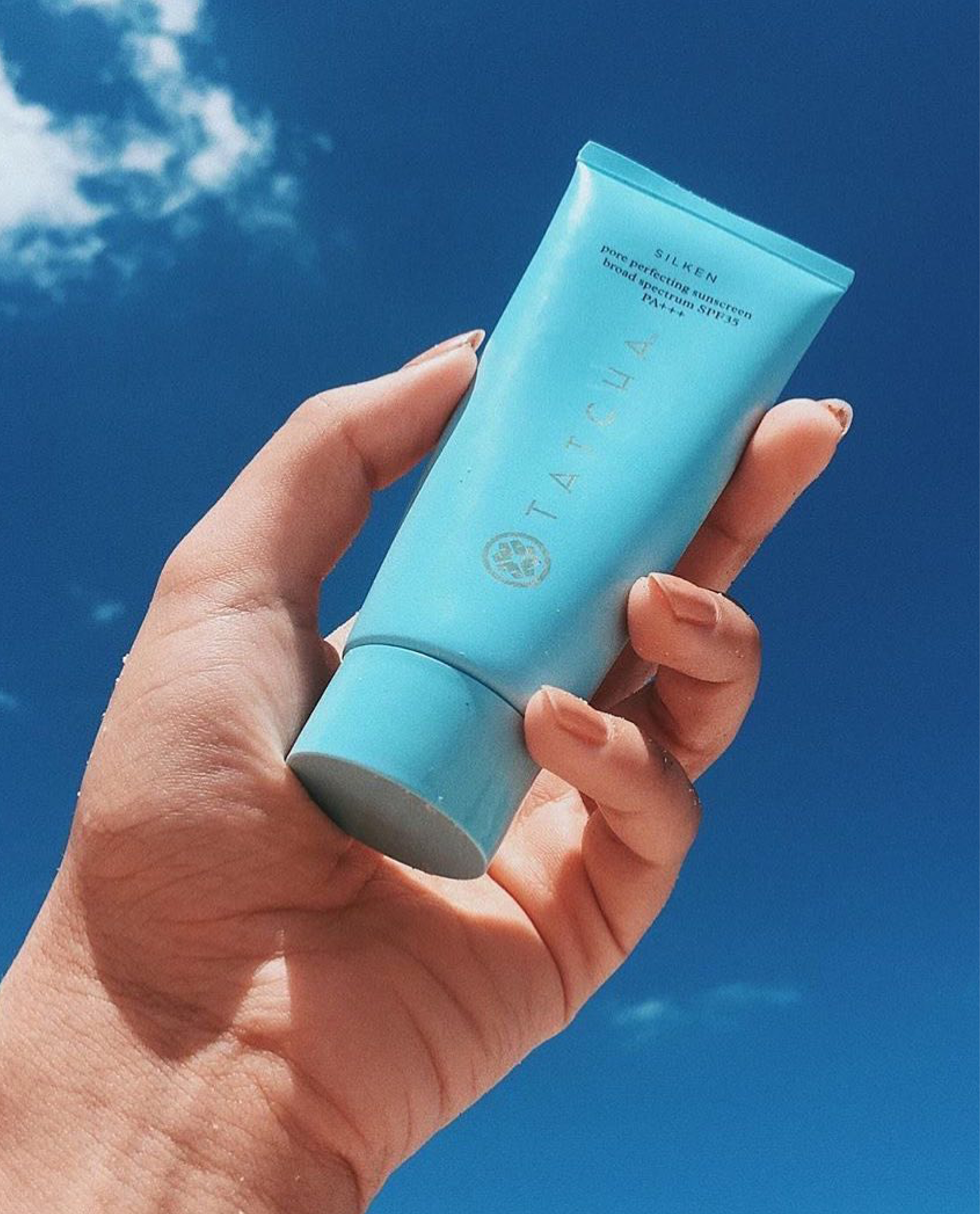Fermented oils have found their way into skincare
Not a nay, but a yay
- 04.10.2021
- By BERNICE YONG
RECOMMENDED
When the word fermentation comes up, we immediately think of pickled foods, kombucha, or even wine. So, it stands to reason that skincare companies are now releasing facial oils that undergo the fermentation process, too — seeing how the beauty industry is all about putting consumables on one’s mien. Right? Right. And while some of us are still struggling to reconcile that oils on top of an already-oily complexion is actually beneficial, it turns out that fermented oils serve a different — though, equally advantageous — purpose.
To begin with, our bodies need oil to function. They have lipids and nutrients that help build up our skin barriers and immunity; repair tissues; and manage our microbiomes. When oils are fermented, they basically harbour a specialised microorganism introduced in an anaerobic environment (devoid of oxygen), which results in the carbohydrates of the oil becoming an acid and energy. If the science talk went over your head, the TL;DR is that they basically transform it into an oil with added skin benefits. We break it down for y’all, below.
Enhancing product effectiveness
The fermentation process actually helps the skin readily absorb more active ingredients, making your current skincare regime more effective than ever. They also work to increase nutrient density, making any natural ingredients in your skincare product more potent. Apart from enhancing effects, they also aid in neutralising and reducing any potential side effects from undesirable plant sugars like irritation or inflammation.
Increases your complexion’s current antioxidant srash
Fermenting oils also increases the level of antioxidants, which can slow down the skin ageing process — this, in turn, increases collagen production and helps ease inflammation, to boot. Said antioxidants also help to strengthen the skin barrier, lowering the risk of frequent breakouts, which over time also helps to improve the texture of your complexion.
Increasing your skin’s diversity of oils
Not all oils can actually be used on our skin. In their natural state, some seed oils contain fatty acids that can disrupt the skin barrier, especially if it’s used in too high of a concentration. However, the fermentation process actually helps to break down these fatty acids into a more basic form. Now instead of harsh penetration, the acids are now broken down into a heavier form, leaving them unable to penetrate as deeply. They then take on a new function – they sit on the skin and help to prevent water loss, locking in our skin moisture for smooth, supple skin.
Vegetable oil is another oil that has boosted skin care benefits through fermentation. Once it has undergone the process, the oil is transformed to increase penetration, bioavailability, and unique activity on the skin as well as microbiome. The higher biodiversity on our skin may sound gross, but this actually helps boost immunity as it keeps the skin acidic, which germs don’t like.
ADVERTISEMENT. CONTINUE READING BELOW





